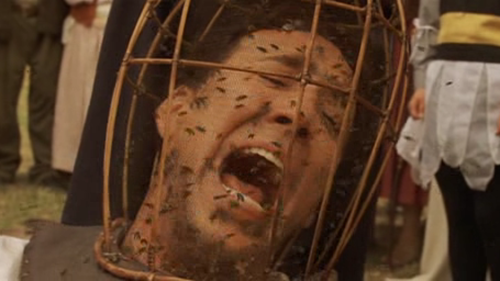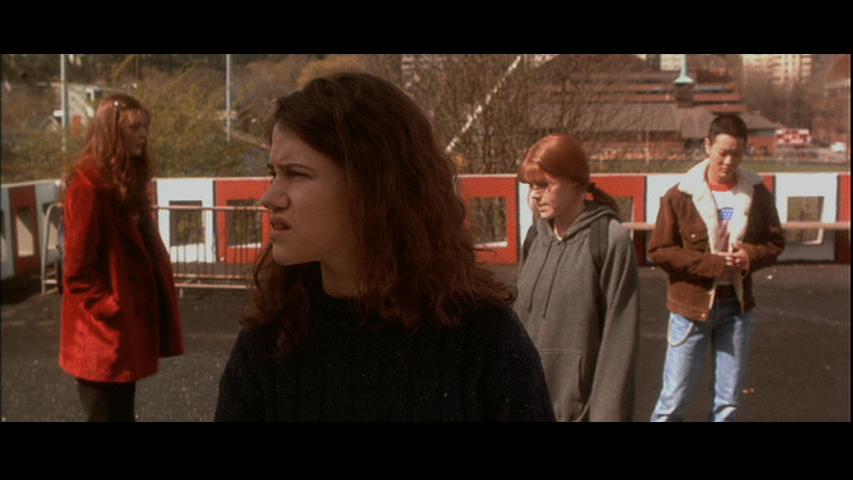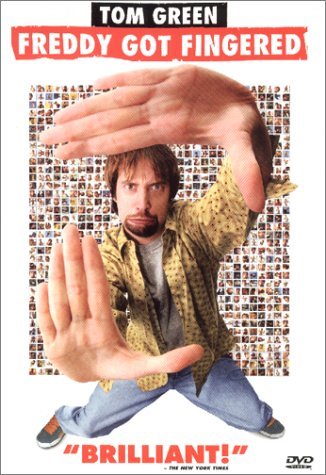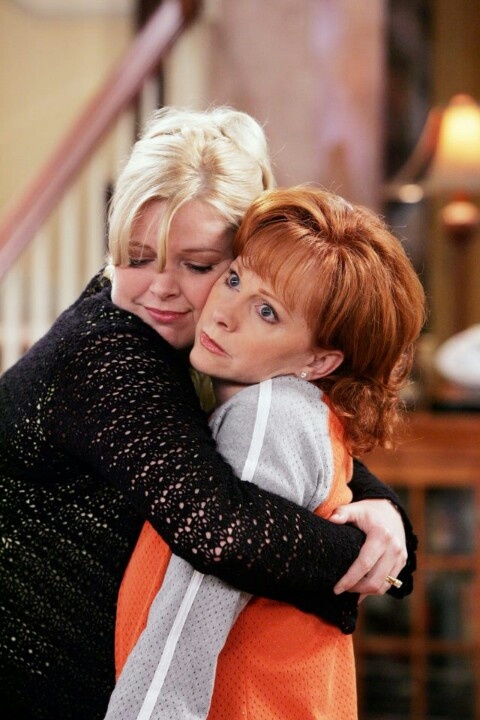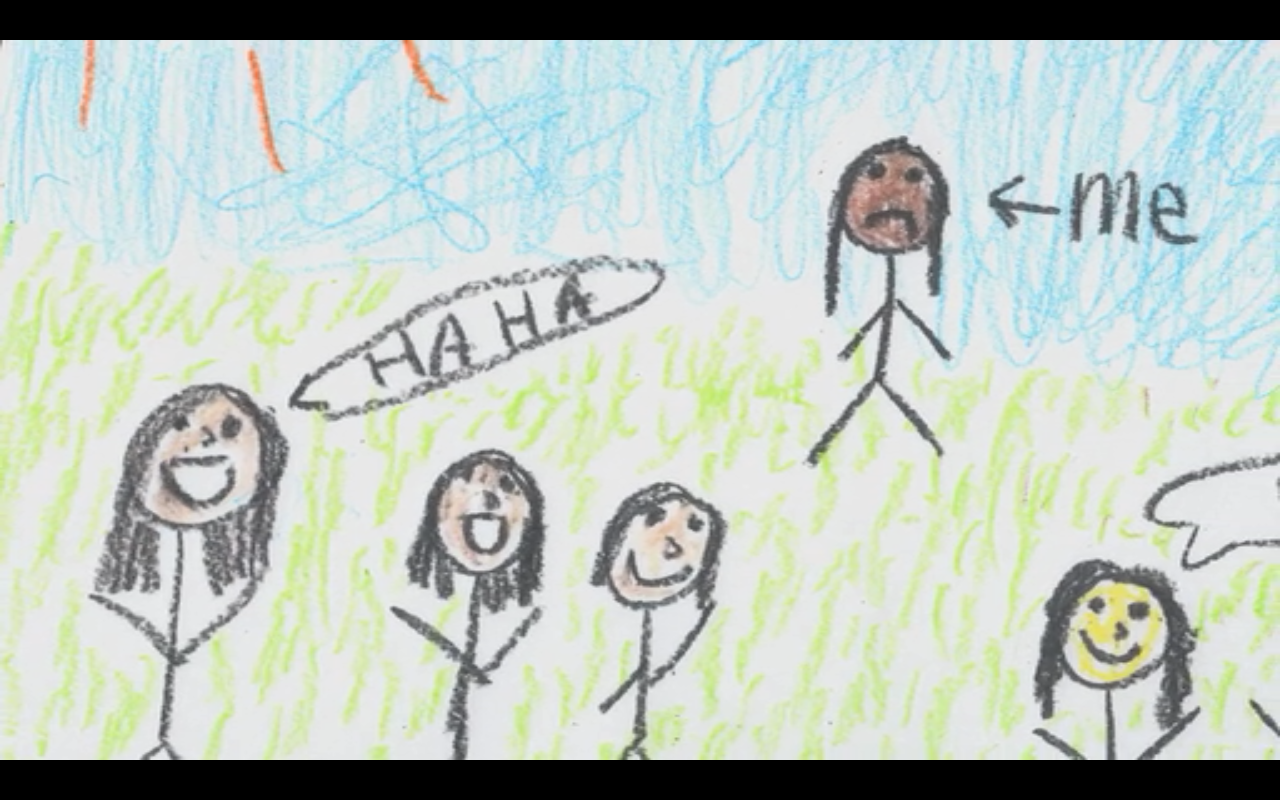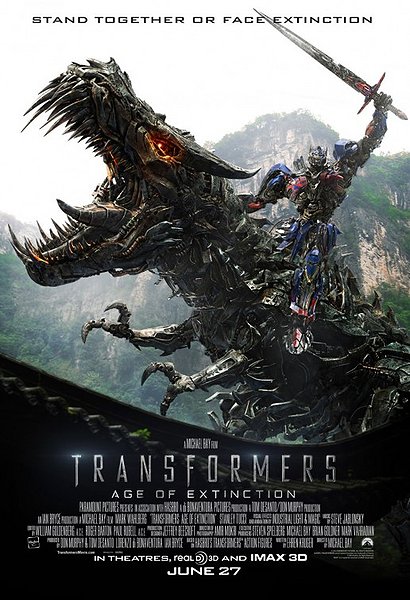What’s Missing from the ‘Gone Girl’ Debate? Privilege!
‘Gone Girl’ has been called misogynist, an amalgamation of negative stereotypes of women, a text that perpetuates rape culture, and a narrative that fuels Men’s Rights Acivtists’ ugly depiction of the gender equality feminists are trying to achieve.
Putting the talent of the author aside – because I do think Gillian Flynn is an incredible writer – I want to address this feminist ire directed at ‘Gone Girl.’
To an extent, I agree with it. Yet, what is missing from the discussion is a focus on privilege.


